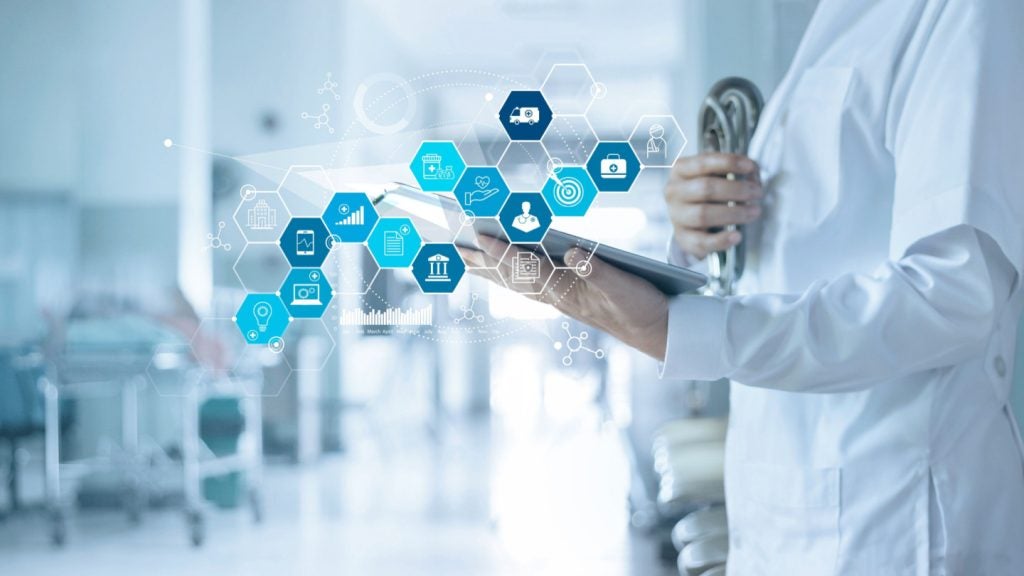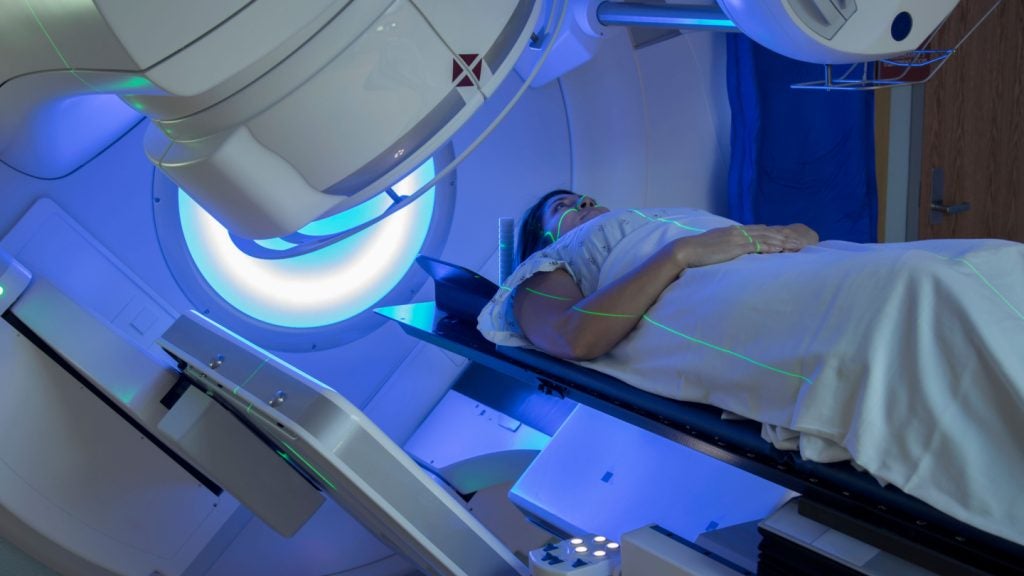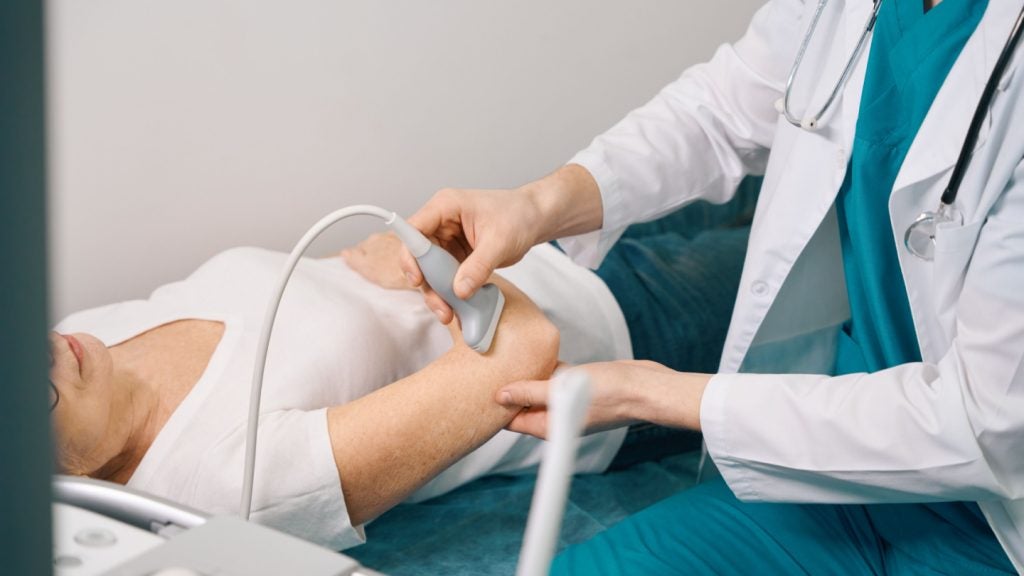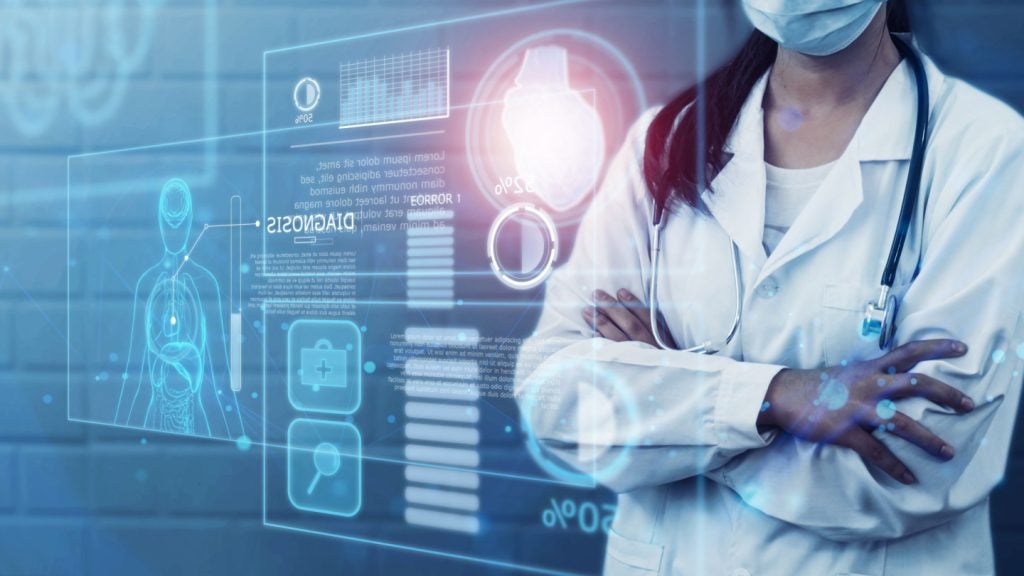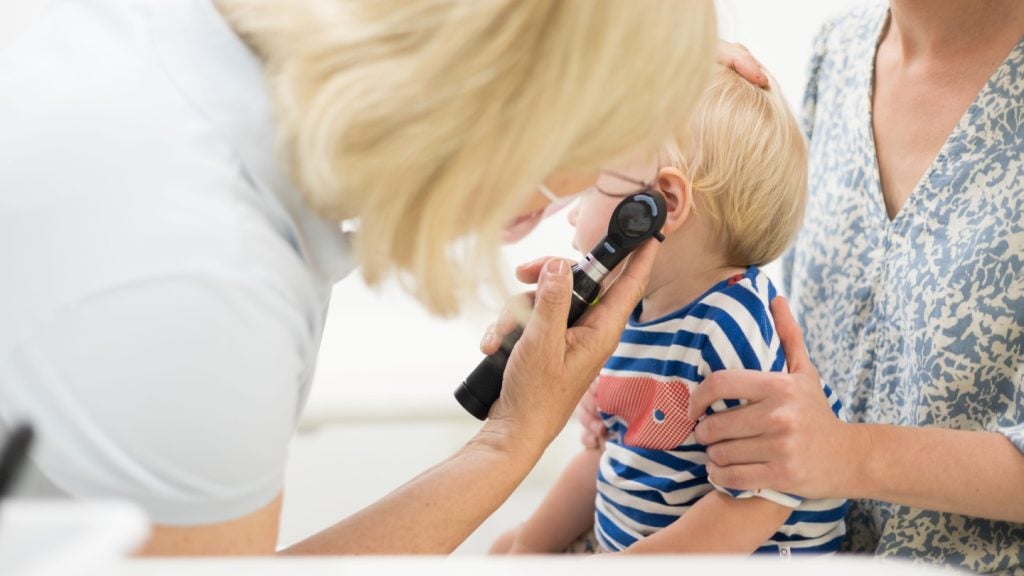PROCEPT BioRobotics has performed the first commercial Aquablation therapy procedures in benign prostatic hyperplasia (BPH) patients at two hospitals in Japan.
In association with the 100-patient post-market surveillance study, the procedures were carried out at Oita University Hospital and Nihon University Itabashi Hospital.
PROCEPT BioRobotics CEO Reza Zadno said: “We view Japan as a very promising market for the adoption of Aquablation therapy, which has a long history of adopting new, innovative technologies while prioritising patient outcomes.
“Similar to our approach in the US, we intend to pave the way in Japan with solid clinical data and support from key opinion leaders, setting the stage for a dynamic and lasting commercial success.”
Claimed to be the first and only image-guided, automated, heat-free robotic therapy, the Aquablation therapy includes real-time ultrasound imaging that provides a multi-dimensional view of the prostate enabling the surgeon to plan the treatment.
With the plan in hand, the surgeon can now specify which areas of the prostate to remove while preserving its anatomy.
The automated robot then uses heat-free waterjet technology and removes prostate tissue in a precise, targeted, and controlled manner.
This technology demonstrated its safety, efficacy, and durability in WATER and WATER II studies against the standard of care TURP for the resection of prostates.
Males suffer from lower urinary tract symptoms due to BPH.




